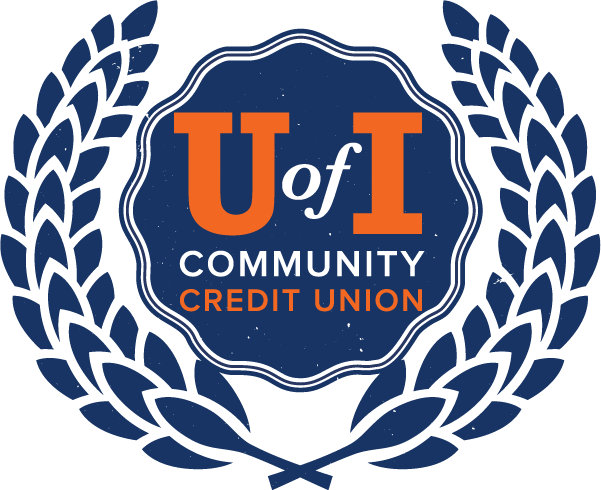
The most important score you should know!
Believe it or not, your credit score is the most important score you should know. This score provides creditors and lenders with insight into your financial health and helps them determine whether they should do business with you. So, the health of your score is as significant as your physical health.
I know this Score is important, but what is a healthy Score?
The most widely used credit scoring model is the FICO 8, which is used by the three largest credit bureaus, Equifax, Experian, & TransUnion (The Big Three). Scores range from 300 (very poor) to 850 (exceptional). When your score is high you have better opportunity for lower lending rates.
Here are the most common factors that affect your credit score:
- Payment History – this is the most important and accounts for 35% of your FICO 8 Score. One late payment can have a negative impact to your score.
- Credit Usage – the amount of credit you are using accounts for 30% of your credit score. Using more than 30% of your available revolving credit (credit cards and lines of credit) not only lowers your score but is looked at negatively by creditors.
- Length of Credit History – A long credit history accounts for 15% of your Score. So, don’t close those paid off revolving loan accounts.
- Credit Mix – having a diverse portfolio of revolving and installment loans can improve your Score. Installment loans include automobile, mortgage, and student loans. Credit mix accounts for 10% of your Score.
- New Credit – Opening too many new credit accounts along with the number of hard inquiries made on your credit is 10% of your Score. These indicate an increased risk to lenders.
The bottom line to a healthy credit score is to pay your bills on time, use less than 30% of your available revolving credit, have a healthy mix of installment and revolving credit, and don’t take out a lot of new credit.



